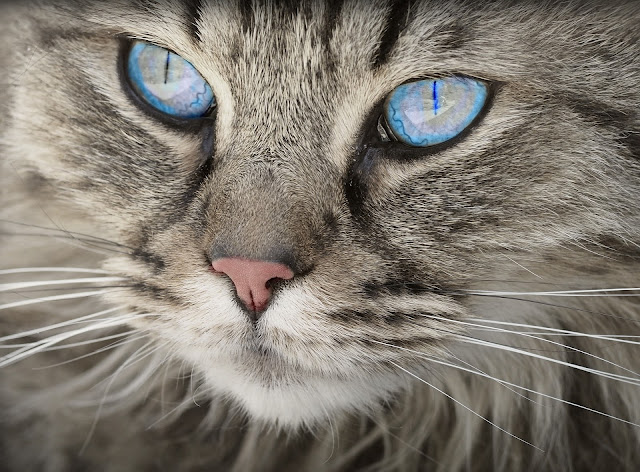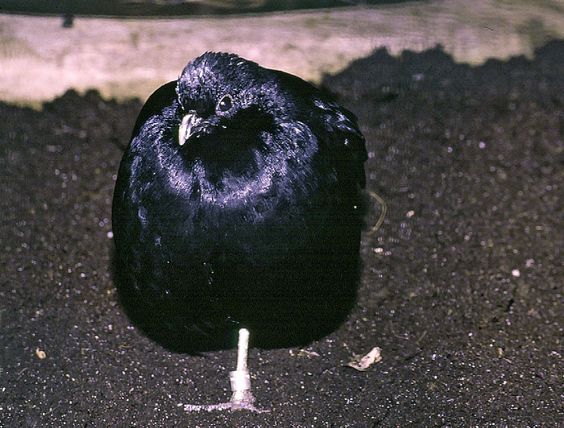Turkeys, like most birds, have better eyesight than humans and can see better in low light conditions. However, they are not considered to be true nocturnal animals and their vision is not as well adapted to complete darkness as some other animals.
Turkeys have a range of adaptations that help them see well in various lighting conditions. Their eyes are located on the sides of their heads, giving them a wide field of vision and allowing them to see predators approaching from almost any direction. They also have excellent color vision, which helps them distinguish between different types of food and other objects in their environment.
While turkeys are not typically active at night, they may still be able to see in low light conditions such as dawn or dusk. This can be useful for finding food or avoiding predators during these times of day. However, their vision may not be as sharp or clear in complete darkness, and they may rely more on their other senses such as hearing and touch to navigate in these conditions.
Overall, while turkeys may have some ability to see in low light conditions, they are not considered to be true night-vision animals and their vision is better adapted to daylight and other well-lit conditions.
- Turkeys have a higher density of photoreceptor cells in their eyes than humans do, which means they can see finer details and more vivid colors than we can. They also have a wider range of vision, with a field of view of about 270 degrees.
- Turkeys have excellent depth perception, which is important for navigating their environment and avoiding obstacles. They also have a keen sense of motion detection, which helps them spot predators or other animals moving in their vicinity.
- Turkeys have the ability to focus on objects both near and far, which is useful for finding food, identifying predators, and navigating their environment. They can also adjust their vision quickly to changes in lighting conditions, such as when moving from a shaded area into bright sunlight.
- Turkeys have a specialized type of vision called "foveate vision," which allows them to focus on a single point with great detail and clarity. This is particularly useful for spotting small prey items or other objects of interest.
Overall, turkeys have exceptional eyesight and a range of adaptations that allow them to see well in a variety of lighting conditions and navigate their environment with ease. While they may not be true night-vision animals, their vision is well-suited for their needs and helps them survive in their natural habitats.






